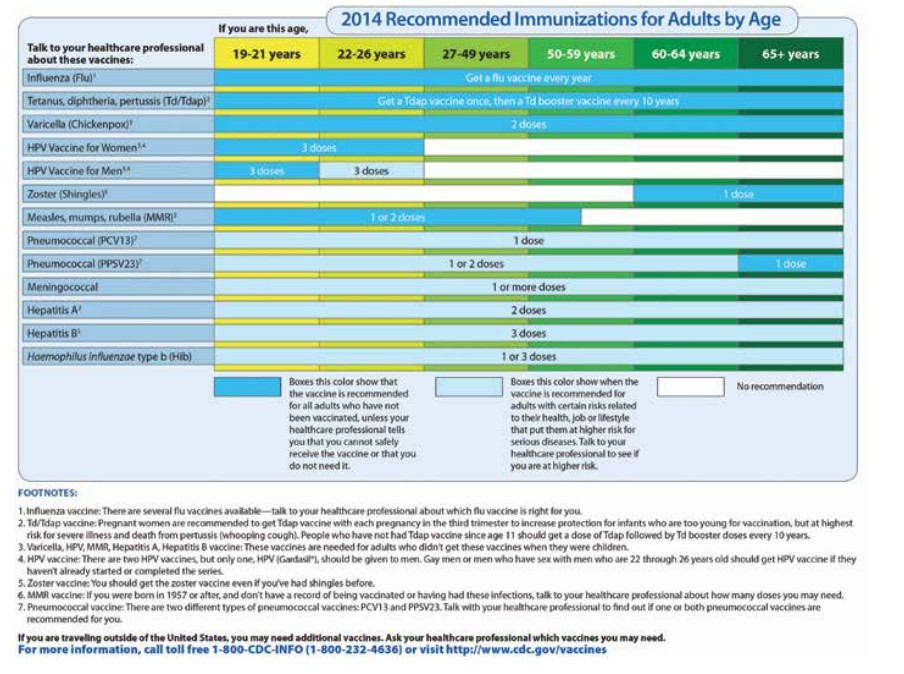August is National Immunization Awareness Month, according to the Centers for Disease Control and Prevention – a great opportunity for sales reps to initiate a discussion about vaccines, including the disposables to help deliver them, with their customers.
Unless – and until – certain diseases are eradicated, immunizations continue to be essential. Distributor sales reps provide a service for their customers by keeping them supplied with vaccinations, as well as safe needles, syringes, gauze, bandages and other products designed to help with the delivery of vaccinations. And, it doesn’t hurt to remind physicians of the importance of educating their patients about keeping up to date with their vaccinations.
Why immunize
Diseases such as diphtheria, polio, measles, Haemophilus influenzae and rubella have become rare in the United States. Before certain vaccines were developed, these diseases killed thousands of people each year. In fact, according to the CDC:
- Nearly everyone in the United States got the measles before there was a vaccine, and hundreds of people died of the disease each year.
- More than 15,000 Americans died from diphtheria in 1921, prior to the vaccine. Only one case has been reported to the CDC since 2004.
- An epidemic of rubella in 1964-1965 infected 12 ½ million Americans, killed 2,000 babies and caused 11,000 miscarriages. In contract, in 2012, 12 cases of the disease were reported to the CDC.
If people become lax about keeping up with their – or their children’s – immunizations, however, old diseases can return, according to the CDC. Japan learned its lesson the hard way, it points out. In 1974, Japan had a successful pertussis (whooping cough) vaccination program, with nearly 80 percent of children vaccinated. That year, only 393 cases of pertussis were reported in the entire country, notes the CDC. But, as rumors began to spread that pertussis vaccination was no longer necessary and that the vaccine was not safe, by 1976, only 10 percent of infants were getting vaccinated. In 1979, Japan had a major pertussis epidemic, with more than 13,000 cases and 41 deaths. In 1981, the country began vaccinating with acellular pertussis vaccine, and the number of cases dropped again.
You’re never too old
For adults who have missed certain vaccinations, there is still an opportunity to catch up, according to the CDC. Sales reps should take this into consideration, not only for themselves, but as a reminder to their physician customers who may need to review patient records for those who are due.
The CDC recommends the following immunization schedule for adults from 19 years on up:
It’s not only patients who are at risk, notes the CDC. Healthcare workers, including physicians, nurses, emergency medical personnel, dental professionals and students, medical and nursing students, lab technicians, pharmacists, and hospital/medical volunteers and administrative staff, are at risk for exposure to a range of serious – and sometimes deadly – diseases.
Most vaccine-preventable diseases are spread from one person to the next. If one person in the community – or a doctor’s office – gets an infectious disease, he or she can spread it to others who are not immune. The more people who are vaccinated, the less opportunity there is for diseases to spread.

Leave a Reply